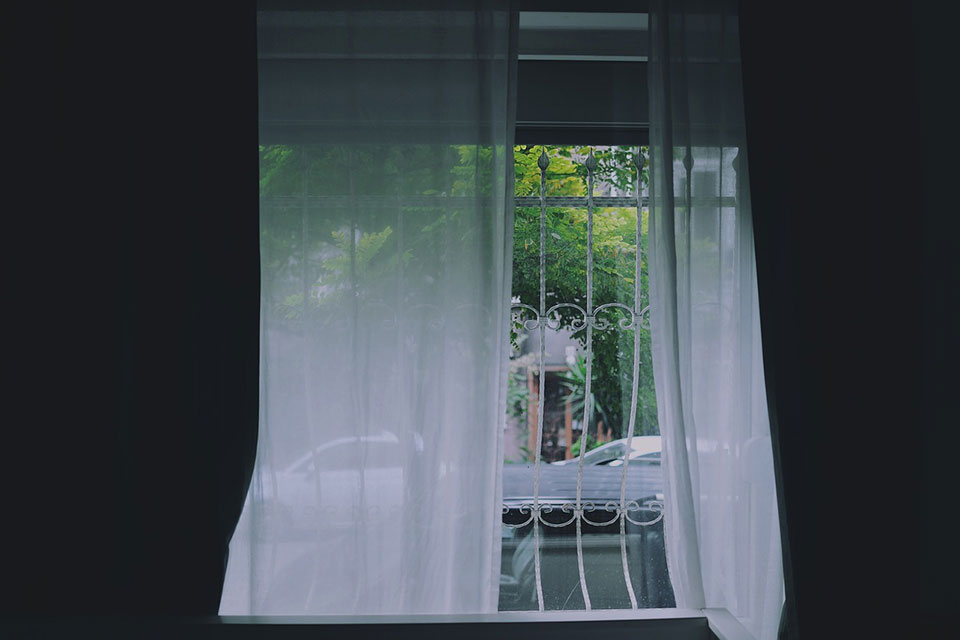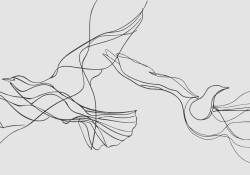Houses
i
There is no possible house any longer.
If there ever was
a first one mentioned,
she is now in ruins and does not await returns,
or transient guests still confused
who arrive weary to scrutinize the dust
and to keep her from ending
in a nagging, dense, uninhabitable fog.
Once believed to be
a centerpiece, a stove, a swarming
of voices and footsteps against time and History,
the house grew tired of waiting and now is
nobody,
nothing, not a shadow of what she was
or could have been.
Banished, annoyed, noncomplying,
one by one we abandoned her
without shame or roof to seek, in the longest
wandering which has yet to end,
even if our life allotments
were already running out.
ii
Today,
indifferent to noise, covered
in each branch and column, filled with light,
and safeguarded from all zigzagging,
in another language,
this house (“sweet home”) in which I live
could replace – according to many –
the one finally defeated by time and History,
and could even resemble the one in dreams,
for she nobly embraces me, opens
her drapes to the sun and to my habits,
invites my friends and tells me confidently: “This is
our house.”
“Yes, the fruit
– I reply to her –
of what was not.”
And although I understand
that the home we used to dream of
is no more than the actual place where I live,
I know now that, in reality,
– the centerpiece broken and scattered –
nobody,
not even this house,
today,
awaits me.
iii
I saw her this way in a dream
for the first time in years, inviting me
to her smallest corners,
protecting me from cold and habits
of others, letting me be as I wish
within her four walls – a gentle shield
against all rain or snowfall.
Sure of herself, night after night,
that house,
strange but habitable,
returns and gifts me a novel reason,
or draws a thread, a pin
crouched in my memory.
In every dream I see her
drifting attentively through
every nook and cranny,
clinging victoriously
to a corner, to a pillow,
to a warmth already known to be necessary.
And in her serene and faithful shadow
I see myself gradually inhabiting her,
near and far from everything, she and I alone,
as one,
like travelers, accomplices in another late
decision:
that house in the dream
is the actual house in which I live.
Translation from the Spanish
By José Bañuelos-Montes & Jesús J. Barquet












